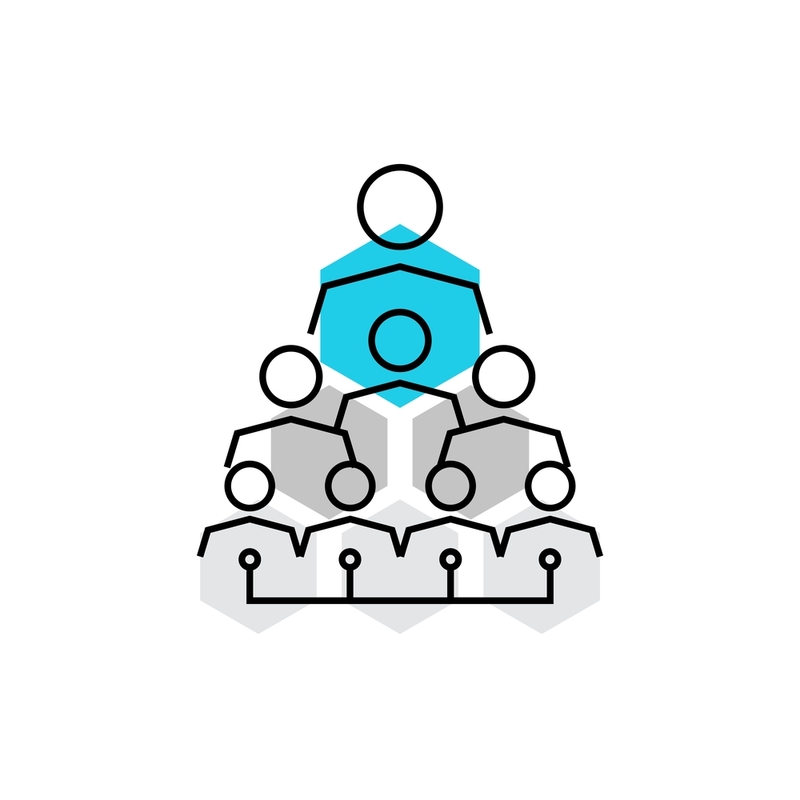Getting enough sleep may help skin wounds heal faster
American Physiological Society News Nov 24, 2017
Sleep deprivation slows skin wound healing; nutritional supplement boosts immune response.

Getting more sleep may help wound healing, and a nutrition supplement may also help, according to a new study.
Physical and emotional stress and poor nutrition have been found to weaken the immune system. Previous studies suggest that boosting nutrients such as vitamin C, omega-3 and other amino acids reduces inflammation and speeds post-surgical healing.
Researchers examined healing time (skin barrier restoration) and immune response in three groups of volunteers:
- One group slept two hours a night for three consecutive nights and consumed the recommended dietary allowance for dietary protein, along with a non-nutritive drink twice a day (Âsleep-restricted placeboÂ).
- A second group slept two hours a night for three consecutive nights and consumed a higher amount of protein along with a nutritional supplement beverage twice a day (Âsleep-restricted nutritionÂ).
- A control group slept normally for the three nights (ÂcontrolÂ).
The research team collected fluid from superficial wounds on the volunteers arms. Each day the researchers measured the amount of immune markers present in the fluid and the wounds skin-barrier restoration rate.
The wound fluid from the sleep-restricted nutrition group contained higher levels of pro-inflammatory cytokinesÂa substance that is released by immune cellsÂduring wound recovery when compared to the other volunteers. This suggests that the nutritional drink may boost immune response at the wound site. Both sleep-restricted groups healing time was delayed by almost a full day when compared to the control group. However, there were no differences in skin-barrier restoration between the two sleep-restricted groups. ÂThe failure of the nutrition intervention to affect skin-barrier recovery was surprising, given the higher concentrations of pro-inflammatory cytokines at the wound sites during the initial phase of wound healing in participants who received the nutrition intervention relative to those who received the placebo, the research team wrote.
Although the results were not entirely as expected, the study may have practical implications in peopleÂincluding military personnel and medical professionalsÂfor whom inadequate sleep may be unavoidable. During times of sleep deprivation, maintaining a higher protein intake and consuming additional immune-enhancing vitamins and minerals may help boost the immune response. However, more research is needed, the researchers said.
The article titled, ÂImpact of sleep restriction on local immune response and skin barrier restoration with and without Âmulti-nutrient nutrition intervention, was published ahead of print in the Journal of Applied Physiology.
-
Exclusive Write-ups & Webinars by KOLs
-
Daily Quiz by specialty
-
Paid Market Research Surveys
-
Case discussions, News & Journals' summaries